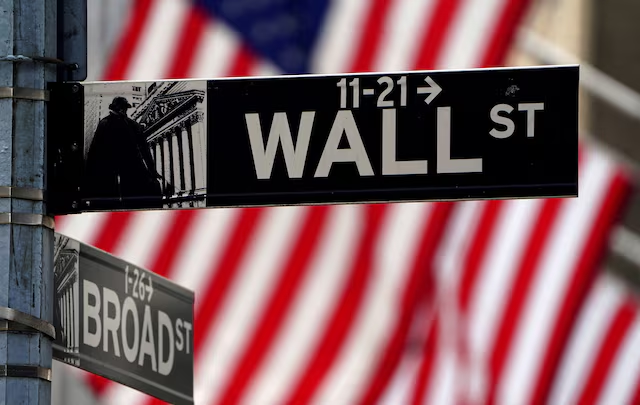Uncertainty over the health of the U.S. economy is contributing to heightened volatility in financial markets, as investors navigate slowing labor market data and an anticipated shift in Federal Reserve policy. On Friday, U.S. stocks tumbled following reports that job growth has slowed more than expected, signaling potential challenges for the Federal Reserve’s goal of achieving a “soft landing”—cooling inflation without significantly harming economic growth.
The labor market data revived fears that months of high interest rates may be putting pressure on the economy. This development is concerning for investors, as the possibility of rate cuts had previously driven optimism, boosting the S&P 500 to record highs earlier in the year. On Friday, the S&P 500 fell by 1.7%, its worst weekly performance since March 2023, with high-flying tech stocks like Nvidia down by over 4%.
Market volatility was further underscored by the Cboe Market Volatility Index (VIX), which reached its highest level in nearly a month. Investors are now bracing for the Federal Reserve’s next meeting on September 17-18, with futures markets pricing in a 70% chance of a 25-basis-point rate cut and a 30% chance of a 50-basis-point reduction. The uncertainty has left investors speculating about the future trajectory of monetary policy and the broader economy.
While some investors, like Quincy Krosby, chief global strategist at LPL Financial, believe the labor market data may reflect a return to pre-COVID conditions, others are more concerned. Citi analysts view the job market’s cooling as a potential precursor to a recession, warranting a 50-basis-point rate cut later this month.
Inflation data expected next week could provide further clarity on the state of the economy and influence the Federal Reserve’s decision on rate cuts. At the same time, concerns over stock valuations have resurfaced, with the S&P 500 trading at a price-to-earnings ratio of 21, significantly higher than its historical average of 15.7. The tech sector, in particular, is trading at over 28 times expected earnings, compared to its long-term average of 21.2.
In addition to economic concerns, the upcoming U.S. presidential election is likely to draw more investor focus as the race heats up. Historically, September has been a challenging month for investors, with the S&P 500 already down 4% since the start of the month, reinforcing its reputation as a difficult time for the markets.
Despite these challenges, some investors remain hopeful for a soft landing. However, each weaker jobs report makes this scenario less certain.
READ MORE:
